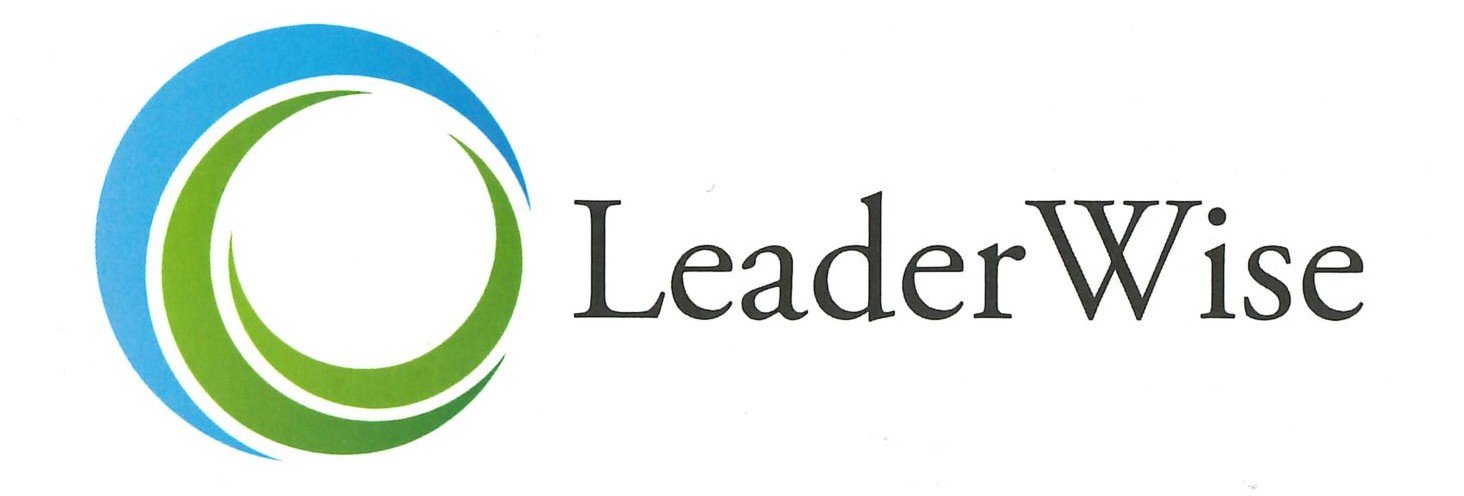A 4-workshop series
Trauma-Informed Ministry Series
Join us for a workshop series exploring trauma-informed ministry. The series aims to equip congregational leaders—pastors, staff, volunteers—in taking a trauma-informed approach to ministry, so that you can provide safe care and connection to those in your congregation and community. A trauma-informed approach involves being attuned to the ways in which a person's life context and lived experience may shape how they are able to receive care or to experience safety and connection.
A trauma-informed approach is necessary now more than ever as the times we have lived through, and are living in now, are stirring up strong emotions and deep trauma in those we are serving. People are hurting. How can church leaders be present in a different way—a trauma-informed way—to those who are significantly struggling?
The series consists of four two-hour workshops. Find the description and goals for each workshop below.
MAY 8
(10:00 AM TO NOON CENTRAL & 1:00 PM to 3:00 PM CENTRAL)
MAY 15
(10:00 AM TO NOON CENTRAL & 1:00 PM to 3:00 PM CENTRAL)
Online via Zoom
$135 for the series.
LeaderWise is offering this workshop series for a $135 registration fee ($300 value). If you feel that $135 is not possible, please contact us so we can ensure access to all who are interested. Contact us to inquire about a group discount for participants from the same organization.
Session 1 May 8 (10 am - noon Central)
Trauma-informed Ministry as Leaders in Your Parish facilitated by Caroline Burke, Ph.D., LP
This workshop will take a deep dive into the necessity of trauma-informed ministry within our congregations. There will be discussion and learning on what trauma is and what it is not. There will be conversations about deep listening and being able to sense that someone has been or currently is experiencing trauma. We will learn ways of thoughtfully responding to those who may need emotional or spiritual care surrounding their experience of trauma, or assisting them in accessing additional support if needed. Participants can anticipate lively discussion about cultural trauma, historical trauma, and collective trauma.
Goals:
To realize the prevalence of trauma—especially with the pandemic.
To recognize how trauma affects all individuals in the church (self and other and community).
To respond as leaders with trauma-informed care.
Session 2 May 8 (1 pm - 3 pm Central)
Religion, the Bible, and Spiritual Trauma facilitated by Rev. Laura Beth Buchleiter
This workshop will examine the potential impact of translations and interpretations of scripture on trauma survivors and the risk of desensitization or normalization of traumatizing topics through Biblical stories. We will also examine the power dynamics that are inherent in religious culture and sacred texts.
Goals:
To reframe our telling of Biblical history through a trauma aware lens
To recognize the potential activation or normalization in a select Biblical narratives
To redistribute the power dynamics of modern religious culture
Session 3 May 15 (10 am - noon Central)
Trauma and grief facilitated by Joanna Quanbeck, Ph.D., LP
This workshop will explore what it means to bring a trauma-informed approach to working with grief. We know that loss and grief are part of life. While grief can be intensely difficult, it is not always traumatic. Yet for some people and some situations, grief can indeed be experienced as trauma. It may be that there are not enough internal or external resources to meet the intensity of the loss, or it may bring earlier trauma to the surface. We will take an expansive understanding of grief in our conversation—bereavement, loss of place or culture, loss of sense of identity or community, loss of significant relationships, and more. We will also explore ways that those offering emotional and spiritual care can steady themselves when being present and responsive to another person's grief.
Goals:
To consider the various lenses through which we consider grief—the lens of cultural context, spiritual tradition, or personal experience.
To identify multiple factors that can complicate grief or make it more complex.
To explore a posttraumatic growth perspective to grief—identifying factors that nurture well-being and a greater sense of positive resolution in grief, where possible.
To attend to how ministry leaders might care for their own resilience amidst extending trauma-informed care to others.
Session 4 May 15 (1 pm - 3 pm Central)
Intersectionality, Oppression, and Complex Trauma facilitated by Laura Beth Buchleiter
This workshop will begin by establishing a basic understanding of complex trauma and Complex Post Traumatic Stress Disorder (C-PTSD) through the work of Bessel Van Der Kolk in The Body Keeps the Score. Then we will use two texts, My Grandmother’s Hands by Resmaa Menakem and Legacy by Suzanne Methot, to explore the impact of racism in Black and Brown bodies and communities. We will conclude with a review of practices to help individuals and communities return to regulation and manage community trauma more effectively.
Goals:
To understand the difference between PTSD and Complex PTSD.
To recognize how social location and oppression play an important role in complex individual and community trauma, as a result of ongoing traumatic environments.
To learn ways to help individuals and groups regulate and deal with trauma in the moment.

